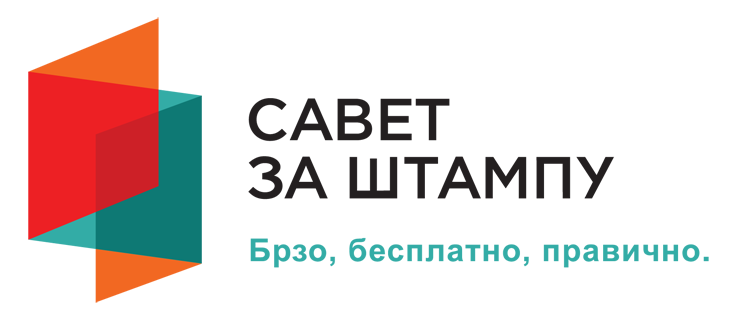Ethics in the digital age
(Source: Asmedi.rs) Technical changes in the media cannot affect ethical codes and the purpose of why we inform, ethical values are even stronger today than they were 100 years ago and in the digital environment tools are needed to implement them, it was said today at online workshops Ethics and values in the digital age.
At a workshop organized by the Ministry of Culture and Information, the founder of the Ethical Journalism Network, Aidan White, said that solutions must be found for the application of ethical standards in new media and that children and minorities and vulnerable groups must be protected from propaganda and hate speech.
Ethics means that we have to think about the published content and the impact it can produce, White said, pointing out that the crisis has flooded the traditional media.
In order to return to the basic standards, we need to return to the basic values: accuracy, humanity, honesty, impartiality and, above all, responsibility and transparency, so that mistakes can be corrected, White emphasized.
As he said, unlike people who have millions of followers online, more than traditional media, journalists have the purpose of transmitting information in the public interest and must take interests into account, which is the purpose of journalism.
We inform within values, and individuals can publish whatever they want, they don’t have to be responsible, it’s freedom of speech and opinion, journalism is something else, he said, adding that he would not be surprised if former US President Donald Trump starts himself to be considered a journalist, which would humiliate journalism.
The Secretary General of the Press Council, Gordana Novaković, stated that the self-regulatory bodies are more than aware of the changes in the media sphere and that they are trying to adapt.
She pointed out that the number of complaints to the Press Council has increased and that more than 80 percent refers to online content, which raised awareness that ethical standards must be applied online, Novakovic said.
She stated that the number of violations of the Code is higher in the online media than in the press, adding that in the last monitoring in three months there were about 1,000 violations, mostly related to the truthfulness of reporting.
Novakovic estimates that traditional media that use social networks are in a subordinate position and depend to a large extent on those companies.
Facebook’s Kathleen Stewart, public policy and content management manager at EMEA, said the company was trying to control the media in conflict with human rights.
What is happening now is the process of transformation, we are dealing with the application of standards, in that process we are obliged to improve and return the information to the system in order to improve it, she stated.
The director of the editorial board of Hello magazine from Spain, Isabel De Courson, said that the stories of that media that writes about celebrities and the royal family are based on facts, not opinions, and that they have the same approach on the digital platform.
According to her, the problem is in the growing hate speech on social networks, sexism, racism, aggressive comments.
At the same time, social networks help us to have direct communication to see the reaction of readers, she added.
We are trying to maintain a positive and kind narrative and we do not want to rule out the possibility of receiving comments if we make a mistake, some of the users will point it out to us, there is always an expert among them, De Courson pointed out.
She said that ethical values are a guarantee of credibility and that we should strive to adhere to general rules in order to preserve the credibility of the media
